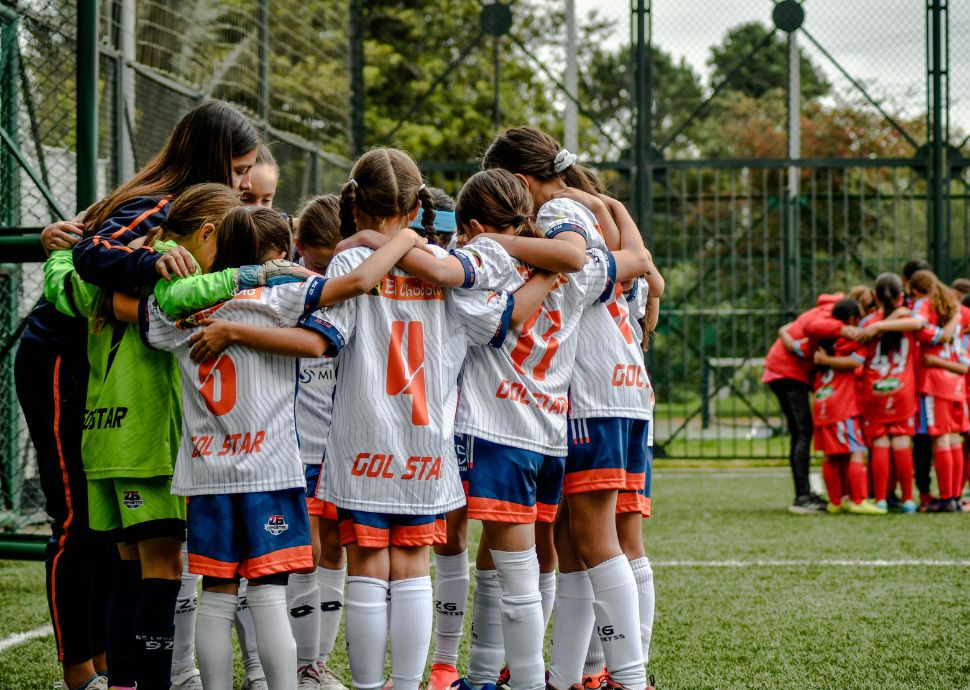Youth soccer coaching has its challenges but it’s also an immensely rewarding job. Especially when your team that you’ve nurtured and trained hard for months finally qualifies for a soccer tournament.
This is an exciting time for both you and your team. Your players are getting a chance to show off their skills and even make new friends along the way. It’s easy to get absorbed in the excitement of a new adventure and forget about the importance of preparing for a soccer tournament.
Young minds are easily distracted and not known for prioritizing. As a youth soccer coach, it’s your responsibility to maximize their chance of success by organizing and planning things ahead of the tournament. How to prepare for a soccer tournament as a coach starts with ensuring your team’s physical fitness, developing a strategic game plan, and organizing practice sessions that target skills and teamwork.
Here are some things you can do to get everything in the right direction.





